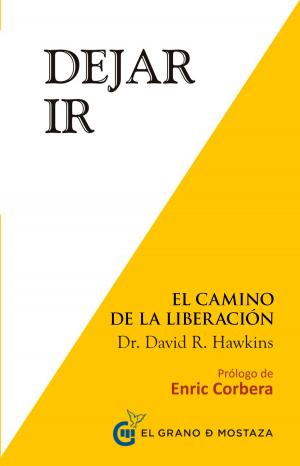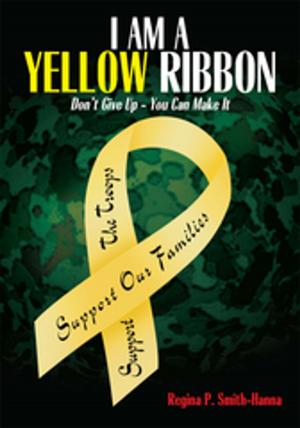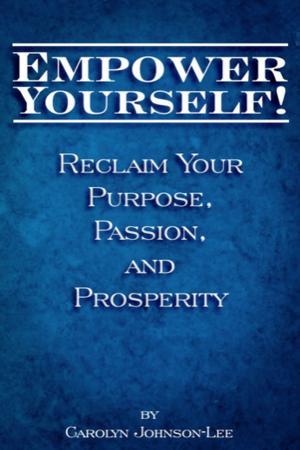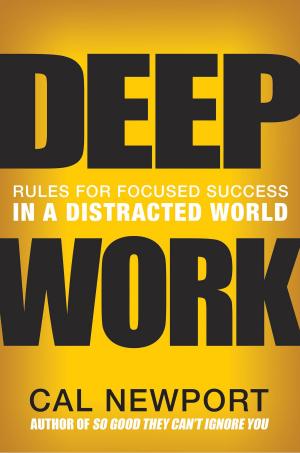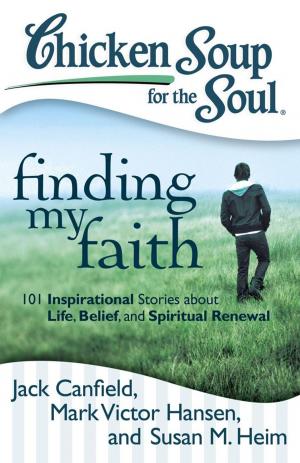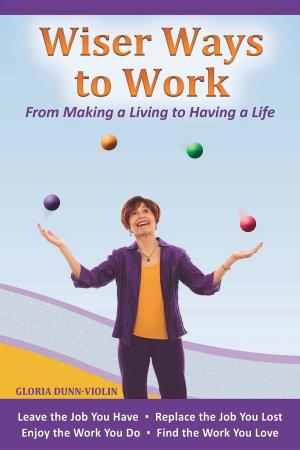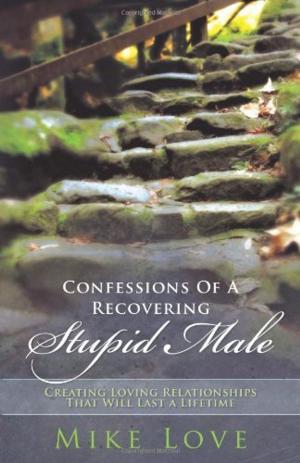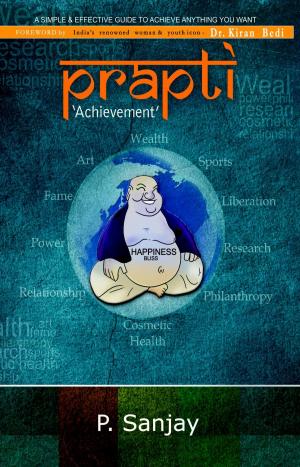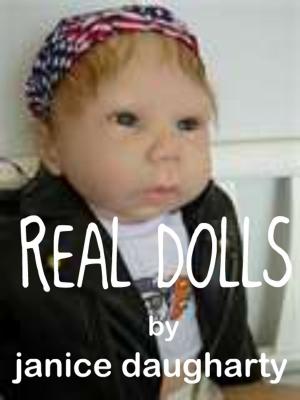No One Upsets You, You Upset Yourself. It's Your Choice How You Want to Feel
Nonfiction, Health & Well Being, Psychology, Emotions, Self Help, Self Improvement| Author: | Ray Mathis | ISBN: | 9781301154593 |
| Publisher: | Ray Mathis | Publication: | May 24, 2013 |
| Imprint: | Smashwords Edition | Language: | English |
| Author: | Ray Mathis |
| ISBN: | 9781301154593 |
| Publisher: | Ray Mathis |
| Publication: | May 24, 2013 |
| Imprint: | Smashwords Edition |
| Language: | English |
Most people live their lives based on a big lie, and don't even realize it. That lie is that what other people say and do, and what happens makes them feel the way they do. Believing that lie causes people to feel worse than they need to, for longer than necessary, and to miss many opportunities to feel better. This extra emotion often causes them to react to their life events instead of responding to them in the best possible ways, and to make mistakes, including in the relationships they care about. It also can give purpose to behaving in unhealthy, self-defeating ways of all kinds, and make it difficult to stop doing so.
You hear the lie all the time in the way people talk about how their feelings come about. People routinely say that others make them angry, make them feel guilty, embarrass them, put pressure on them, and hurt their feelings. They talk about their jobs stressing them out, and others and what happens making them feel bad or good about themselves. On the flipside, most people believe they can and should make others happy, and that others can and should do that for them as well. Believing such things puts people at the mercy of others, and the events of their lives.
Fortunately, that's not really how things work. It's the thoughts we have about what happens, and what others say and do that really determine how we end up feeling. Thoughts cause feelings, not events. And we all have a host of cognitive choices that we make all the time, usually without being aware that we do, that really determine how we feel. Most people don't realize they have such choices because their thoughts come to them so automatically because of prior practice and rehearsal. However, we always have choices, including a host of cognitive choices. Learning what those are, and how to use them to our advantage can be very empowering, and very liberating.
Learn the truth about how feelings come about, the choices you really have, and how to use those to feel better. Stop living your life based on the big lie that so many others live their lives by. Free yourself to feel better, to feel like you've always wanted to feel, and to feel as good as possible regardless of what happens. Most of all, make yourself smarter in the ways of emotions than the vast majority of people walking the planet.
This short book can show you how, and is intended to be an introduction to "The Mental and Emotional Tool Kit for Life" approach to fixing whatever is broken in your life, and building something better for yourself and those around you. That "tool kit" approach is the subject of other books I've written that are also available at Smashword.com, and other outlets.
Most people live their lives based on a big lie, and don't even realize it. That lie is that what other people say and do, and what happens makes them feel the way they do. Believing that lie causes people to feel worse than they need to, for longer than necessary, and to miss many opportunities to feel better. This extra emotion often causes them to react to their life events instead of responding to them in the best possible ways, and to make mistakes, including in the relationships they care about. It also can give purpose to behaving in unhealthy, self-defeating ways of all kinds, and make it difficult to stop doing so.
You hear the lie all the time in the way people talk about how their feelings come about. People routinely say that others make them angry, make them feel guilty, embarrass them, put pressure on them, and hurt their feelings. They talk about their jobs stressing them out, and others and what happens making them feel bad or good about themselves. On the flipside, most people believe they can and should make others happy, and that others can and should do that for them as well. Believing such things puts people at the mercy of others, and the events of their lives.
Fortunately, that's not really how things work. It's the thoughts we have about what happens, and what others say and do that really determine how we end up feeling. Thoughts cause feelings, not events. And we all have a host of cognitive choices that we make all the time, usually without being aware that we do, that really determine how we feel. Most people don't realize they have such choices because their thoughts come to them so automatically because of prior practice and rehearsal. However, we always have choices, including a host of cognitive choices. Learning what those are, and how to use them to our advantage can be very empowering, and very liberating.
Learn the truth about how feelings come about, the choices you really have, and how to use those to feel better. Stop living your life based on the big lie that so many others live their lives by. Free yourself to feel better, to feel like you've always wanted to feel, and to feel as good as possible regardless of what happens. Most of all, make yourself smarter in the ways of emotions than the vast majority of people walking the planet.
This short book can show you how, and is intended to be an introduction to "The Mental and Emotional Tool Kit for Life" approach to fixing whatever is broken in your life, and building something better for yourself and those around you. That "tool kit" approach is the subject of other books I've written that are also available at Smashword.com, and other outlets.


